Your Why does my baby keep vomiting after feeding images are ready in this website. Why does my baby keep vomiting after feeding are a topic that is being searched for and liked by netizens now. You can Download the Why does my baby keep vomiting after feeding files here. Find and Download all royalty-free vectors.
If you’re looking for why does my baby keep vomiting after feeding images information connected with to the why does my baby keep vomiting after feeding keyword, you have visit the right site. Our site frequently provides you with hints for refferencing the highest quality video and image content, please kindly hunt and locate more enlightening video content and graphics that fit your interests.
Why Does My Baby Keep Vomiting After Feeding. Reflux If your babys bringing up milk after a breastfeed or bottle he may have reflux also known as posseting or spitting up Di Lorenzo 2018. Avoid interrupting you baby as they are fed as this can cause an increase in spitting up. Even if your baby spits up after every feeding it is not usually a problem. Vomiting is forceful and often shoots out of your babys mouth.
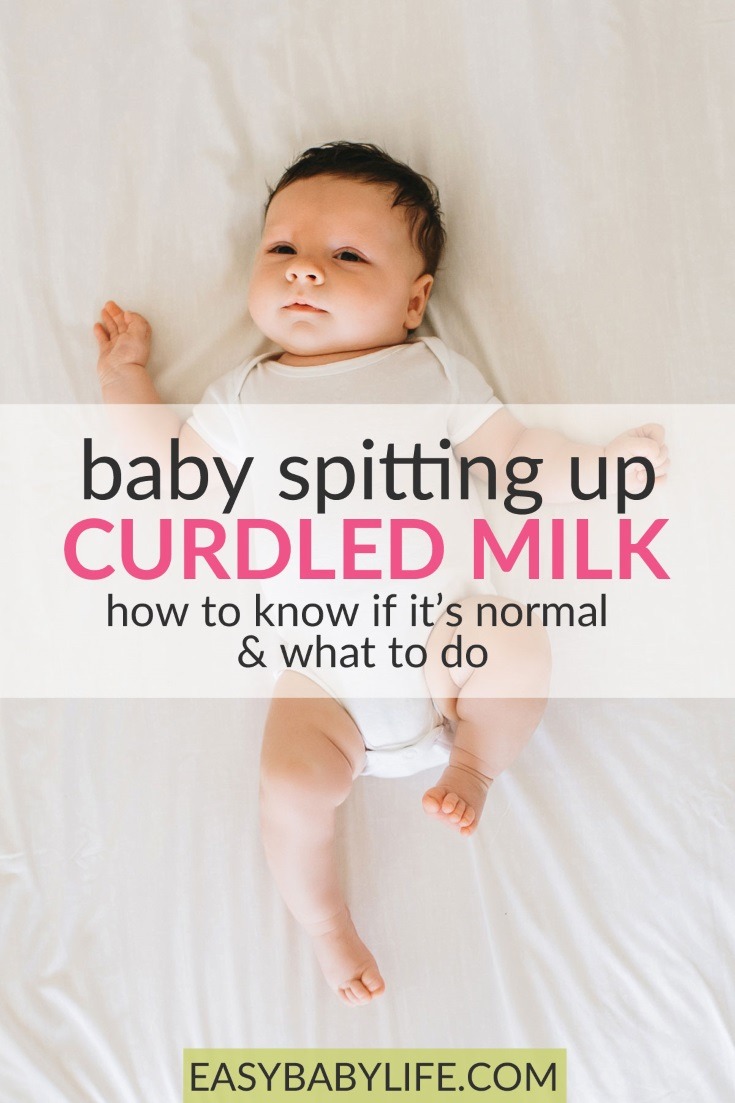 Baby Spitting Up Curdled Milk Learn Why And When To Worry
Baby Spitting Up Curdled Milk Learn Why And When To Worry
Its very common and usually gets better on its own. 1 Until hes about 4 months old your babys tummy can hold only small amounts of milk at a time. Any baby with projectile vomiting after feeding needs urgent evaluation by a specialist. This is most common in the first month of life. Reflux occurs when food backs up the food pipe or oesophagus from your babys stomach. This condition is called food protein-induced enterocolitis syndrome or FPIES 5.
Only a few babies have GORD and it usually affects premature babies more than full-term babies.
This will cause babies to spit up after eating even more so if overfed or fed too fast. Reflux is when a baby brings up milk or is sick during or shortly after feeding. Usually as the food remains in the stomach your baby can feel acute discomfort. This will cause babies to spit up after eating even more so if overfed or fed too fast. Reflux occurs when food backs up the food pipe or oesophagus from your babys stomach. This can trigger vomiting.

Its not really vomiting as its normally a gentle burp-like movement which causes your baby no stress. It is caused by the sphincter muscle into the esophagus is too tight to allow food into the stomach. Some babies need to be burped after every feeding because they swallow lots of air as they gulp down milk. Newborn vomiting after breastfeeding can be a result of switching breast while in the middle of feeding. Posetting is when your baby brings up small quantities of milk or food after a feed.

Typically when a baby has infant reflux they will not vomit. This is most common in the first month of life. Its very common and usually gets better on its own. Reflux If your babys bringing up milk after a breastfeed or bottle he may have reflux also known as posseting or spitting up Di Lorenzo 2018. Keep baby away from cigarette smoke.

Allow your baby to sit comfortably after feeding without any fast movements or jostling. Only a few babies have GORD and it usually affects premature babies more than full-term babies. Avoid interrupting you baby as they are fed as this can cause an increase in spitting up. This condition is called food protein-induced enterocolitis syndrome or FPIES 5. Here are some of the most common reasons that your baby could be being sick.
Overfeeding a weaning baby could also lead to vomiting. Only a few babies have GORD and it usually affects premature babies more than full-term babies. Too much milk during feedings can cause your baby to spit up or be fussy. Its very common and usually gets better on its own. Newborn vomiting after breastfeeding can be a result of switching breast while in the middle of feeding.
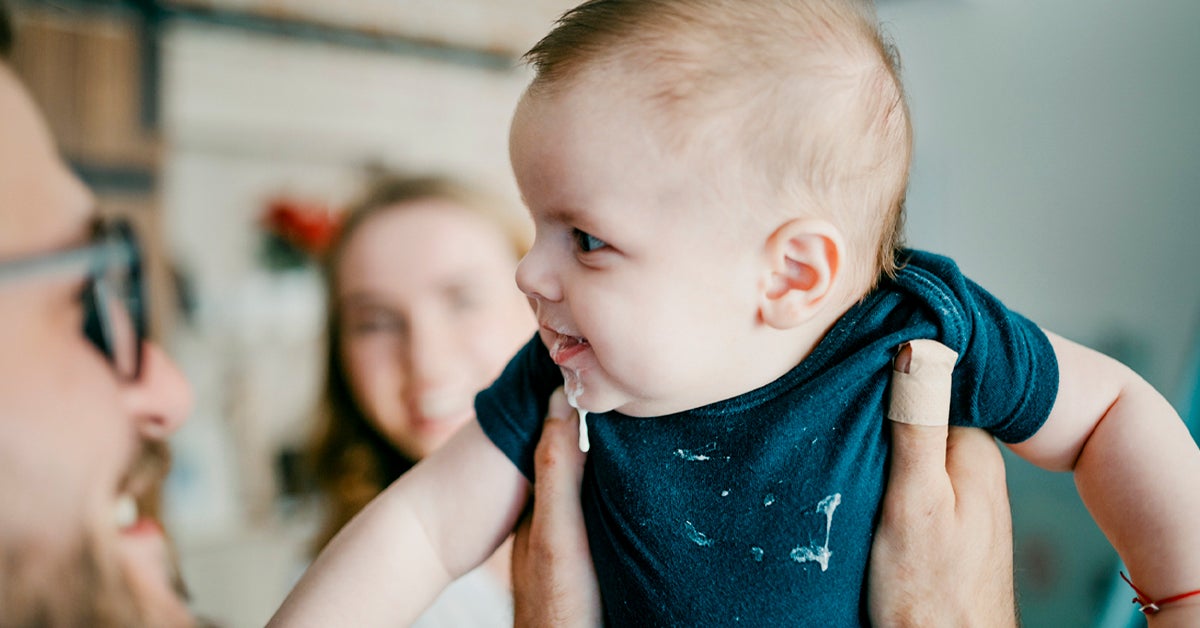
Check if your baby has reflux Reflux usually starts before a baby is 8 weeks old and gets better by the time theyre 1. An illness or infection Your baby may be vomiting because he has an infection. Reflux If your babys bringing up milk after a breastfeed or bottle he may have reflux also known as posseting or spitting up Di Lorenzo 2018. Avoid interrupting you baby as they are fed as this can cause an increase in. Check if your baby has reflux Reflux usually starts before a baby is 8 weeks old and gets better by the time theyre 1.

If your baby isnt feeding well or is being sick a lot see your doctor. Along with spit-up your baby may vomit occasionally after being fed. Large holes in the feeding bottles can be a reason for overfeeding in most bottle-fed babies. The babys body will identify one of the proteins in the milk as an enemy to the body and while trying to. If your baby isnt feeding well or is being sick a lot see your doctor.
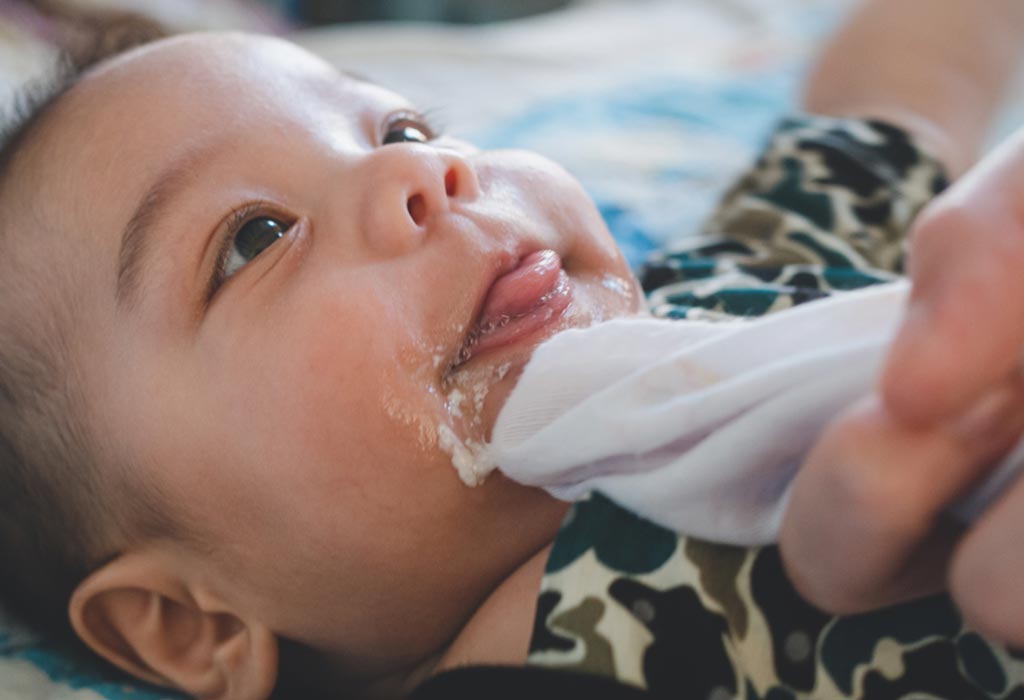
This will cause babies to spit up after eating even more so if overfed or fed too fast. In your babys early years his immune system is still developing so hes likely to pick up lots of infections. This will cause babies to spit up after eating even more so if overfed or fed too fast. Vomiting that occurs routinely with certain foods – such as milk soy rice oats or poultry – can be caused by an allergic reaction to the proteins in the food. Its very common and usually gets better on its own.

Avoid interrupting you baby as they are fed as this can cause an increase in spitting up. Anything you feed your baby will be vomited right back up. Breastfed or bottle-fed babies may vomit if they are overfed. It typically occurs in babies and young children. Do not also shake them after a feed.

Allow them to finish feeding on one breast before giving the other. It typically occurs in babies and young children. Cut caffeine out of your diet. If a baby throws up a lot during their first few months without showing other symptoms they may have infant reflux or GERD. Only a few babies have GORD and it usually affects premature babies more than full-term babies.
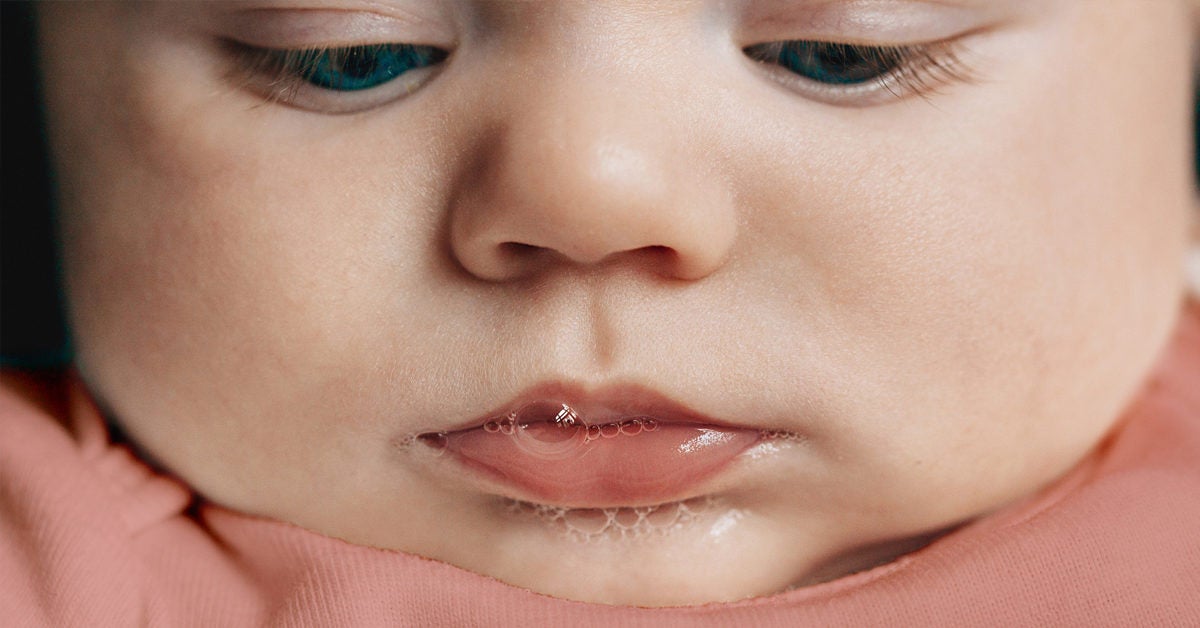
An illness or infection Your baby may be vomiting because he has an infection. If a baby throws up a lot during their first few months without showing other symptoms they may have infant reflux or GERD. Large holes in the feeding bottles can be a reason for overfeeding in most bottle-fed babies. Bottle feeding your baby breast milk or. Only a few babies have GORD and it usually affects premature babies more than full-term babies.
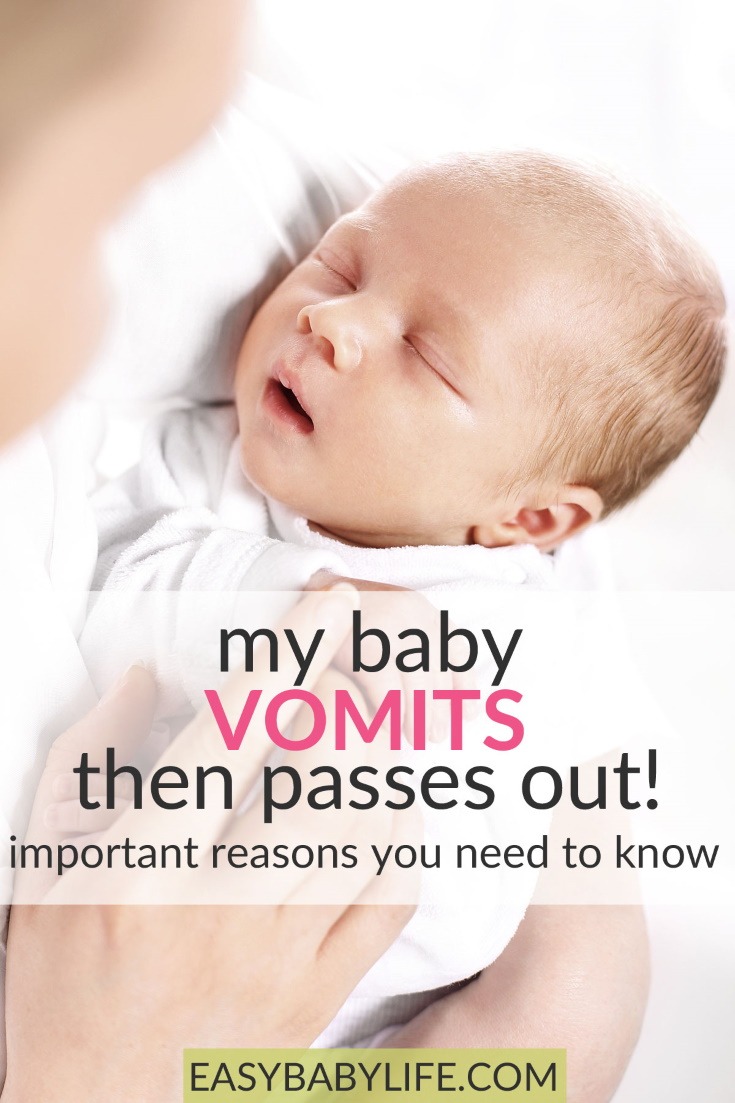
Breastfed or bottle-fed babies may vomit if they are overfed. If your baby isnt feeding well or is being sick a lot see your doctor. Allow them to finish feeding on one breast before giving the other. Newborn vomiting after breastfeeding can be a result of switching breast while in the middle of feeding. Posetting is when your baby brings up small quantities of milk or food after a feed.

Hence the only way to get the food out is to push it back up through the mouth. Keep baby away from cigarette smoke. Any baby with projectile vomiting after feeding needs urgent evaluation by a specialist. Failure to provide appropriate food sizes and portions for your baby can result in vomiting. After 3 days it is about the size of a ping-pong ball but still cant hold much.
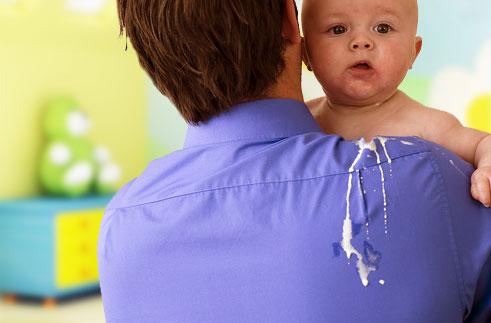
This can be caused by milk intolerance. This is most common in the first month of life. Vomiting is forceful and often shoots out of your babys mouth. He may cry and cough a lot too. It happens because your babys tummy is still getting used to digesting food.

Newborn vomiting after breastfeeding can be a result of switching breast while in the middle of feeding. Cut caffeine out of your diet. Its very common and usually gets better on its own. This will cause babies to spit up after eating even more so if overfed or fed too fast. Here are some of the most common reasons that your baby could be being sick.

Reflux occurs when food backs up the food pipe or oesophagus from your babys stomach. Posetting is when your baby brings up small quantities of milk or food after a feed. This will cause babies to spit up after eating even more so if overfed or fed too fast. Typically when a baby has infant reflux they will not vomit. If your babys bringing up milk after a breastfeed or bottle he may have reflux also known as posseting or spitting up.

This is because your babys stomach cannot process inappropriate food. Allow them to finish feeding on one breast before giving the other. When your baby spits up milk usually comes up with a burp or flows gently out of his mouth. In your babys early years his immune system is still developing so hes likely to pick up lots of infections. It is caused by the sphincter muscle into the esophagus is too tight to allow food into the stomach.
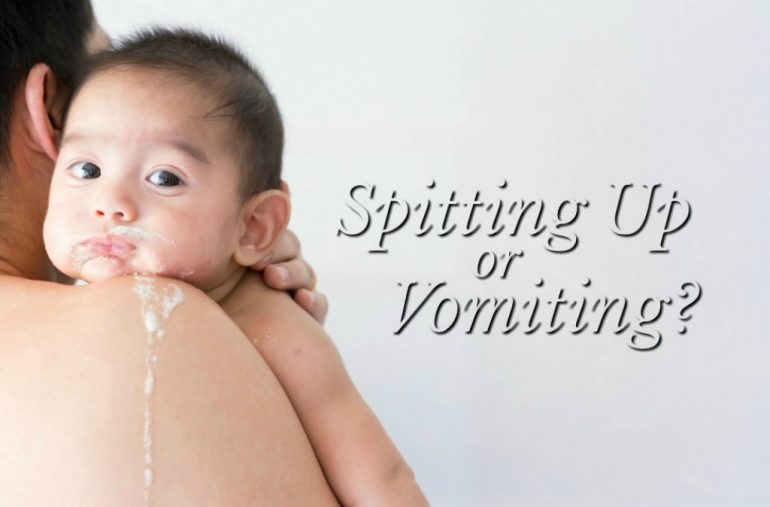
This is because your babys stomach cannot process inappropriate food. Breastfed or bottle-fed babies may vomit if they are overfed. Usually as the food remains in the stomach your baby can feel acute discomfort. Burp your baby frequently. Newborn vomiting after breastfeeding can be a result of switching breast while in the middle of feeding.
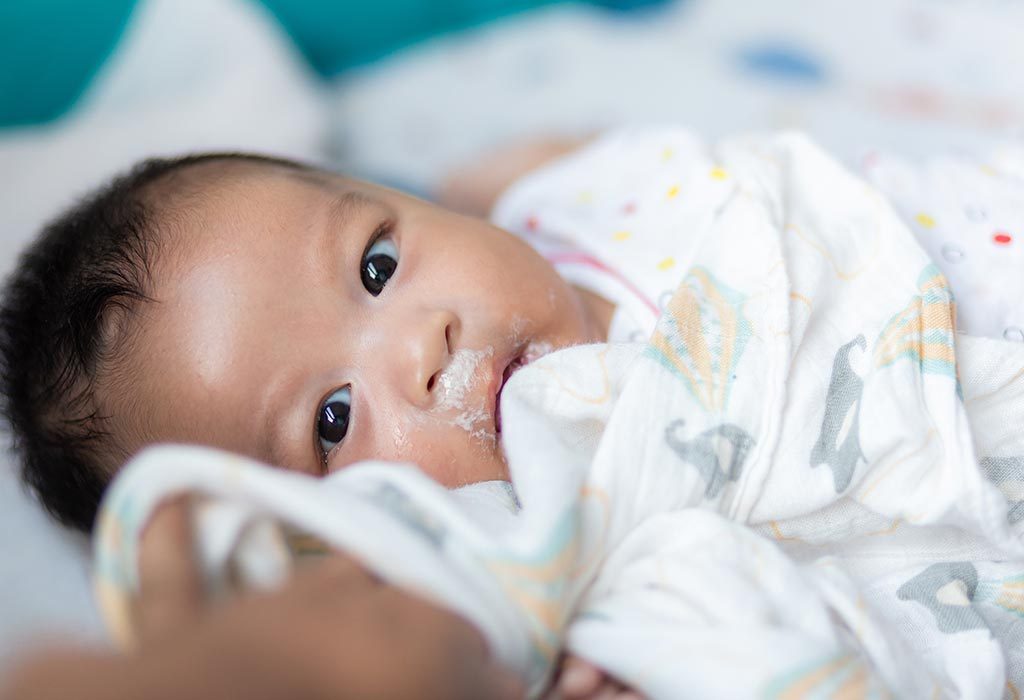
Why is my baby vomiting. This is most common in the first month of life. Typically when a baby has infant reflux they will not vomit. Here are some of the most common reasons that your baby could be being sick. If your babys bringing up milk after a breastfeed or bottle he may have reflux also known as posseting or spitting up.
This site is an open community for users to submit their favorite wallpapers on the internet, all images or pictures in this website are for personal wallpaper use only, it is stricly prohibited to use this wallpaper for commercial purposes, if you are the author and find this image is shared without your permission, please kindly raise a DMCA report to Us.
If you find this site helpful, please support us by sharing this posts to your favorite social media accounts like Facebook, Instagram and so on or you can also save this blog page with the title why does my baby keep vomiting after feeding by using Ctrl + D for devices a laptop with a Windows operating system or Command + D for laptops with an Apple operating system. If you use a smartphone, you can also use the drawer menu of the browser you are using. Whether it’s a Windows, Mac, iOS or Android operating system, you will still be able to bookmark this website.









